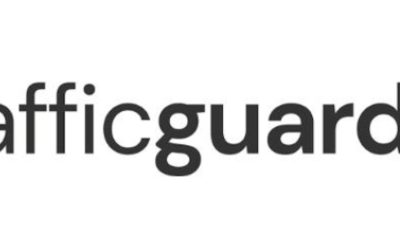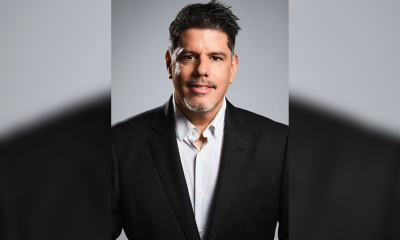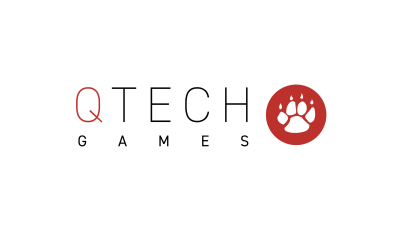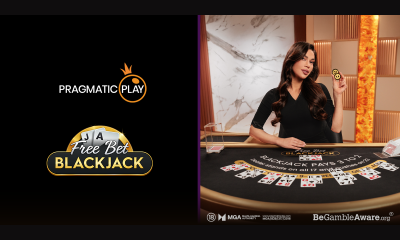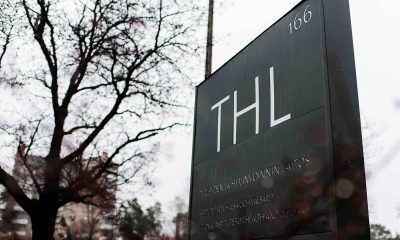Latest News
The ANJ publishes its 2024 annual report
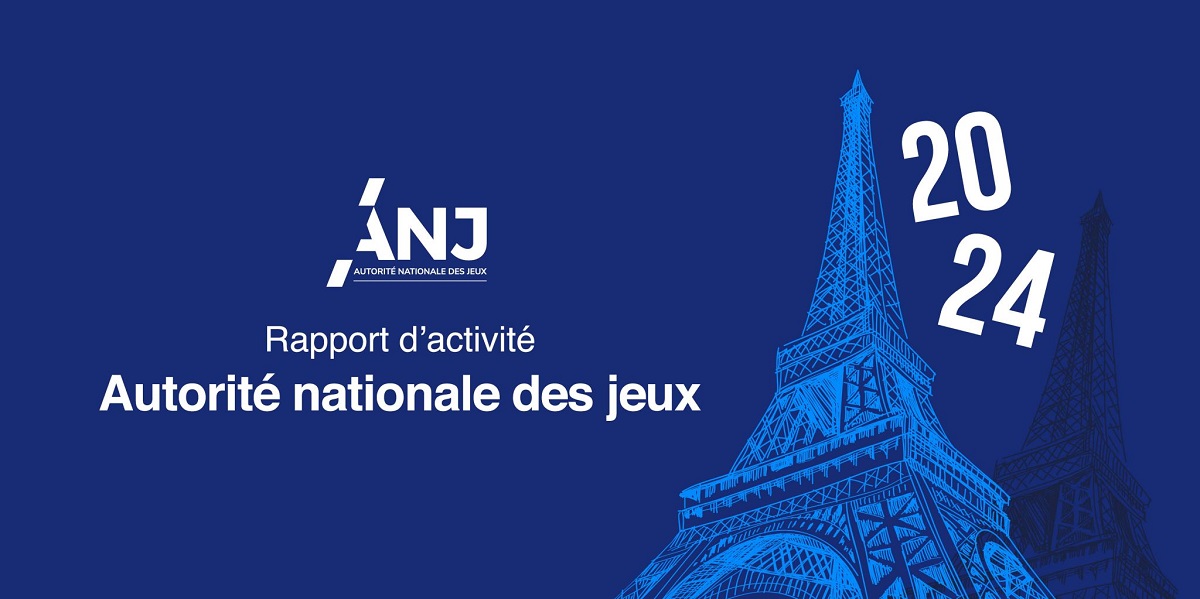
Since its inception on June 23, 2020, the ANJ has focused on implementing regulations that combine support and oversight with the aim of better protecting players. The first regulatory cycle laid the foundations for the toolbox provided for by the Pacte law and the 2019 ordinance, and its adoption by the regulator and operators.
Substantial progress has been made by operators to meet their obligations regarding the prevention of excessive gambling and the fight against money laundering; these efforts are beginning to be measured in the action plans examined by the ANJ, notably by more excessive gamblers identified. Operators now appear to have better integrated the regulatory framework and, in particular, the objective of reducing excessive gamblers in their customer base. Two decisions of the Council of State have also confirmed the power to supervise the gaming offer and the promotional strategy of monopolies mobilized by the ANJ to protect players and combat excessive gambling .
On the repressive side, the policy of controls and sanctions was affirmed in 2024 with 9 sanctions imposed, some with significant amounts of up to €150,000. Regarding excessive gambling, the ANJ sanctions commission issued a public sanction of €800,000 in January 2025. This decision, unprecedented in the amount of the sanction and its public nature, initiates a new cycle and constitutes an important signal to the entire market.
The fight against illegal supply was finally significantly strengthened in 2024, with 1,335 URLs blocked, 231 administrative actions, and the activation of new levers such as the initiation of financial flow blocking. This action is particularly important since illegal supply is widely used by high-risk players.
However, the risk of excessive gambling is not yet fully under control. The voluntary ban file, for example, is seeing its registrations grow by 20% per year and currently numbers 85,000 people, compared to 40,000 in 2021.
Therefore, in 2024, for its second regulatory cycle covering the years 2024-2026, the ANJ wished to set as the central pivot of its strategic plan the effective reduction of excessive gambling over three years. This objective must necessarily result in a reorientation of the sector’s economic model towards less intensive gambling and less focused on high-risk players.
To make progress on this issue, which concerns all stakeholders, the ANJ is organizing a symposium on gambling addiction on June 27 at the Senate. The aim is to take stock of the obligation to identify and support excessive gamblers, which has been imposed on economic actors since 2019 and which mobilizes public policies, and to debate the improvements to be made. A comparative approach and cross-examinations will allow for a perspective on best practices and trajectories to be followed.
Better coordination between the various stakeholders and, where appropriate, an adaptation of the regulatory framework could be proposed.
For Isabelle Falque-Pierrotin: “Driven by a very dynamic market that has been fostered by digitalization, gambling, which is not a product like any other, has nevertheless become a common consumer product. The objective of reducing excessive gambling set by the ANJ must now translate into an obligation of results that involves reducing the number of excessive gamblers and their contribution to the revenues of gambling operators. More broadly, the fight against gambling addiction requires going beyond sectoral considerations and considering the more global and societal dimension of the phenomenon, which concerns operators, public authorities, the regulator, associations, educators, parents, etc.”
Source: ANJ
The post The ANJ publishes its 2024 annual report appeared first on European Gaming Industry News.
affiliate platform
Ihor Zarechnyi signs up to the Gamblers Connect Contributors Program
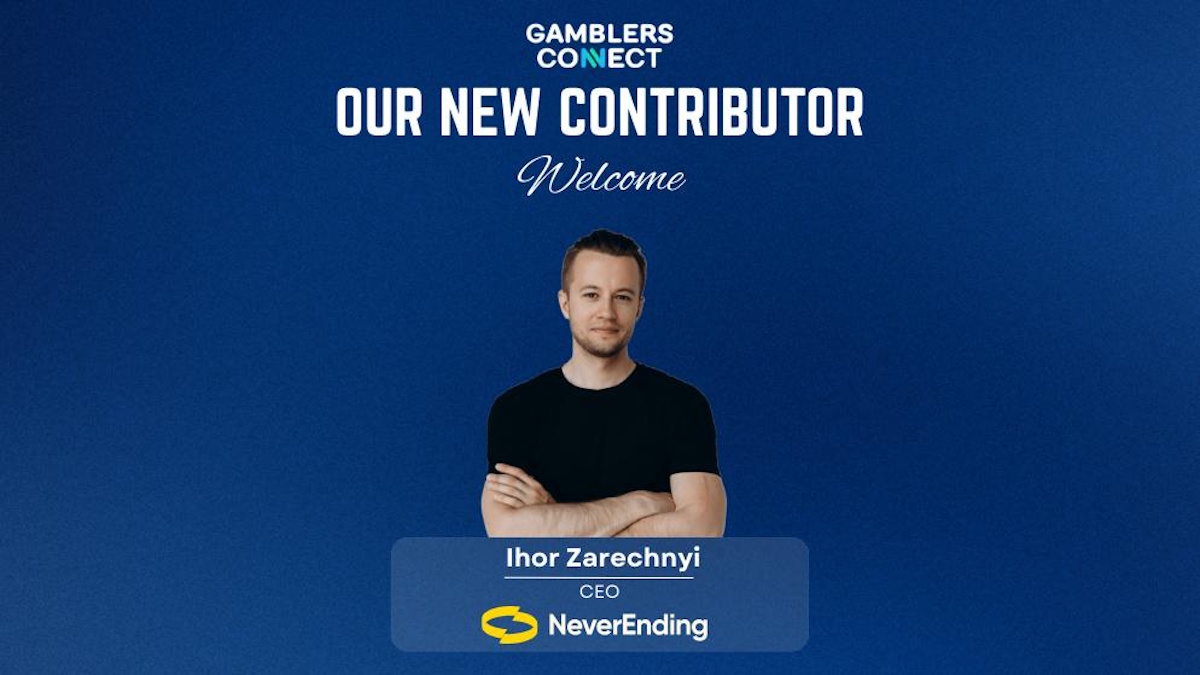
Gamblers Connect, the award‑winning iGaming media and affiliate platform, has welcomed Ihor Zarechnyi, CEO and Founder of NeverEnding, as the latest expert in its Gamblers Connect Contributors Program.
Zarechnyi becomes the second established industry professional to join this curated roster, which prioritizes experienced practitioners over guest bloggers and emphasizes real‑world insight from leaders with “skin in the game.”
As head of NeverEnding, a dynamic iGaming studio built to eliminate bureaucracy and drive innovation, Zarechnyi brings a performance‑driven approach, rooted in his “Games, Growth, and No Excuses” philosophy. In his new role as one of the program’s 12 contributors, he will offer behind‑the‑scenes perspectives on building a game studio from scratch and launching effective global content strategies based on his extensive executive experience.
Gamblers Connect’s Founder, Gjorgje Ristikj, highlighted Zarechnyi’s unique outlook on product development. Ristikj noted that Zarechnyi’s “B2B backed by B2C power” approach focuses on creating games that deliver genuine market traction and strong player engagement — a shift away from superficial visibility toward meaningful industry impact. This aligns with the platform’s goal of delivering high‑value educational content on game mechanics, technological stability, and real operational challenges.
The post Ihor Zarechnyi signs up to the Gamblers Connect Contributors Program appeared first on Eastern European Gaming | Global iGaming & Tech Intelligence Hub.
Brazilian Carnival
Esportes da Sorte transforms Carnival 2026 into a nationwide immersive experience
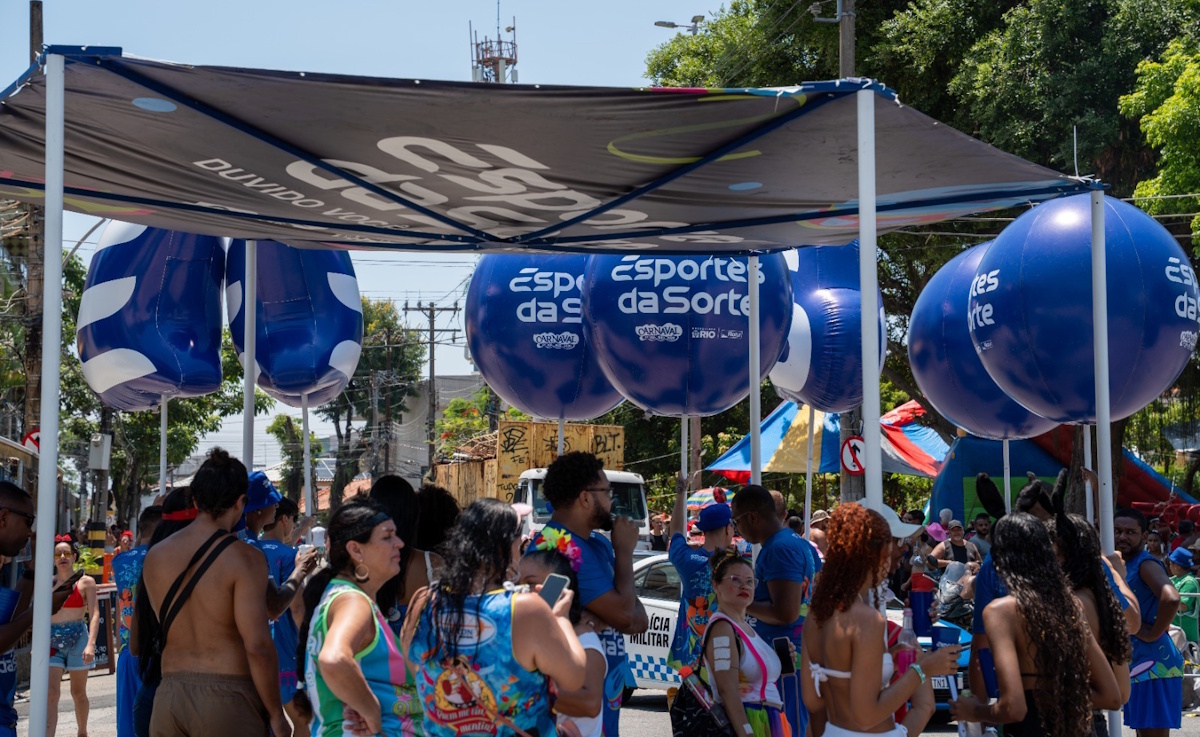
Leading Brazilian iGaming company Esportes da Sorte has transformed Carnival 2026 into a nationwide immersive experience, activating urban art installations, hydration stations and large‑scale attractions across nine cities in Brazil. As part of its expanded cultural engagement strategy, the brand is serving as an official sponsor in key Carnival locations and delivering experiential initiatives designed for revelers in the streets and major public spaces.
Esportes da Sorte’s nationwide platform builds on its history of investing in popular culture and public events, moving beyond traditional branding to create meaningful on‑site activations that enhance the urban environment and respond to the unique character of each city’s Carnival celebrations.
In Rio de Janeiro, the company’s efforts focus on the street Carnival experience with hydration points, cool zones and shaded areas in high‑traffic celebration routes. São Paulo’s megabloc circuits feature water trucks, hydration stations and on‑site urban support.
In Recife Antigo, one of Carnival’s cultural centers, Esportes da Sorte installed a standout Ferris wheel at Marco Zero, offering panoramic views of the festivities and historic landscape. Urban transformations like video mapping on iconic buildings and aerial installations along Rua Marquês de Olinda further blend public space with the Carnival experience.
Other cities such as Olinda and Salvador also feature tailored activations, including sensory design, refreshment tunnels and themed artistic displays that align with local traditions and festival dynamics.
In addition to physical structures, the initiative includes a robust communications strategy, sensory activations, public well‑being supports and content campaigns that amplify the carnival‑street experience across digital and traditional media.
According to Germana Casal, Production Coordinator at the Esportes Gaming Brasil Group, the goal is to “be present in a meaningful way at the country’s biggest popular celebration,” respecting each city’s identity and delivering initiatives that improve the Carnival experience for participants.
Esportes da Sorte’s Carnival 2026 project builds on the brand’s presence at more than 100 Carnival parties and street blocos in 2025, reinforcing its leadership role in Brazil’s largest cultural event and deepening its connection with urban celebration culture nationwide.
The post Esportes da Sorte transforms Carnival 2026 into a nationwide immersive experience appeared first on Eastern European Gaming | Global iGaming & Tech Intelligence Hub.
chess esports
Team Vitality announces E.Leclerc as new Main Partner
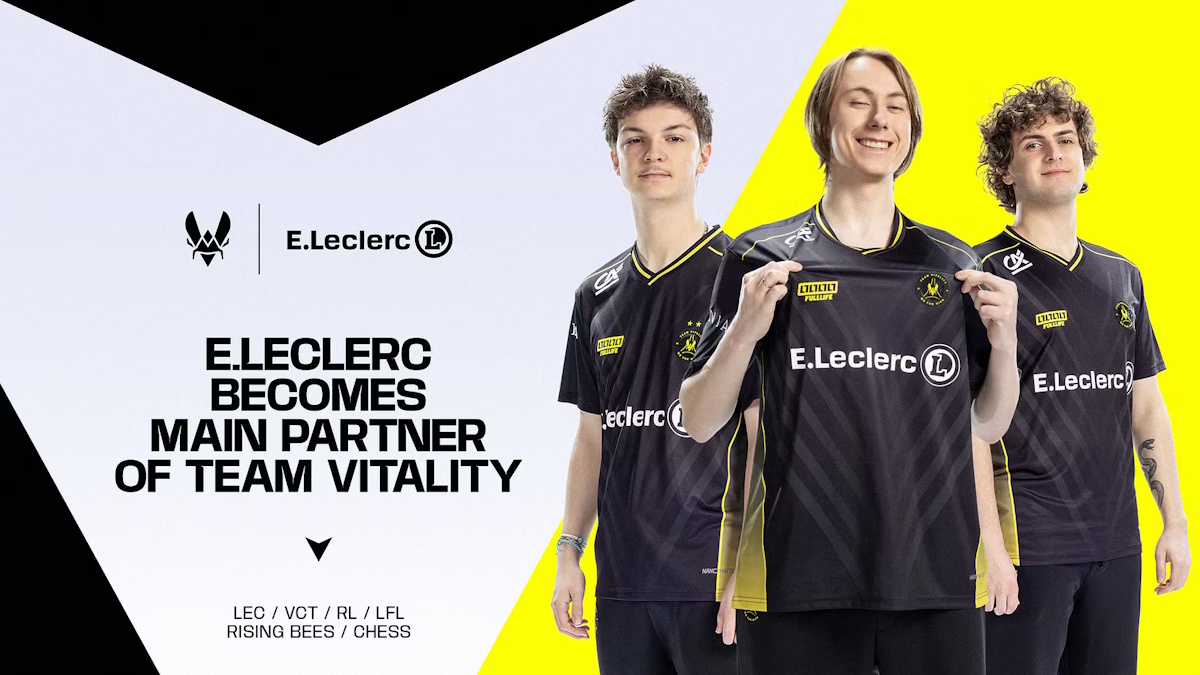
Team Vitality, one of France’s leading esports organizations, has announced a strategic new partnership with French retail giant E.Leclerc, naming the supermarket chain as the club’s Main Partner for 2026.
Under the agreement, E.Leclerc’s logo will feature prominently on Team Vitality’s international team jerseys, including rosters for League of Legends (LEC and LFL), Valorant (VCT EMEA), Rocket League, Rising Bees and Chess.
Shared Values and Fan Initiatives
The partnership aims to promote accessibility, wellness, and nutrition within the esports community, while bringing gaming culture into E.Leclerc retail spaces through immersive experiences, tournaments and activations designed to engage fans across France.
Team Vitality’s holistic wellbeing program, KARE, which supports performance, nutrition and mental health, aligns closely with E.Leclerc’s focus on responsible lifestyle initiatives. Together, they plan to champion inclusivity, provide unique gaming opportunities, and celebrate esports culture in both digital and physical environments.
With a global audience exceeding 10 million followers, Team Vitality’s influence in competitive gaming makes this partnership a landmark moment for both brands. E.Leclerc’s commitment to youth engagement and cultural connection positions the retailer as a significant non‑endemic supporter of the growing esports ecosystem.
Nicolas Maurer, CEO and Co‑Founder of Team Vitality, described the alliance as a historic milestone that will broaden esports’ reach across everyday life in France and reinforce its cultural legitimacy.
The post Team Vitality announces E.Leclerc as new Main Partner appeared first on Eastern European Gaming | Global iGaming & Tech Intelligence Hub.
-

 Amusnet5 days ago
Amusnet5 days agoWeek 7/2026 slot games releases
-

 Aphrodite’s Kiss5 days ago
Aphrodite’s Kiss5 days agoLove on the Reels: Slotland Introduces “Aphrodite’s Kiss”
-

 Denmark6 days ago
Denmark6 days agoRoyalCasino Partners with ScatterKings for Company’s Danish Launch
-

 Finnish Institute for Health and Welfare7 days ago
Finnish Institute for Health and Welfare7 days agoFinland’s Health Authority Launches “2-4-2” Gambling Risk Limits Ahead of Expected Advertising Boom
-

 Latest News6 days ago
Latest News6 days agoWinSpirit’s UnValentine’s Day: A New Take on February Engagement
-

 Bryndís Hrafnkelsdóttir7 days ago
Bryndís Hrafnkelsdóttir7 days agoNOVOVISION Implemented at the University of Iceland Lottery
-

 40 Treasures7 days ago
40 Treasures7 days agoCT Interactive Enters into Partnership with Mozzartbet.rs
-

 Booming Games6 days ago
Booming Games6 days agoTreasure Hunt Revival — Booming Games Launches Gold Gold Gold Hold and Win



